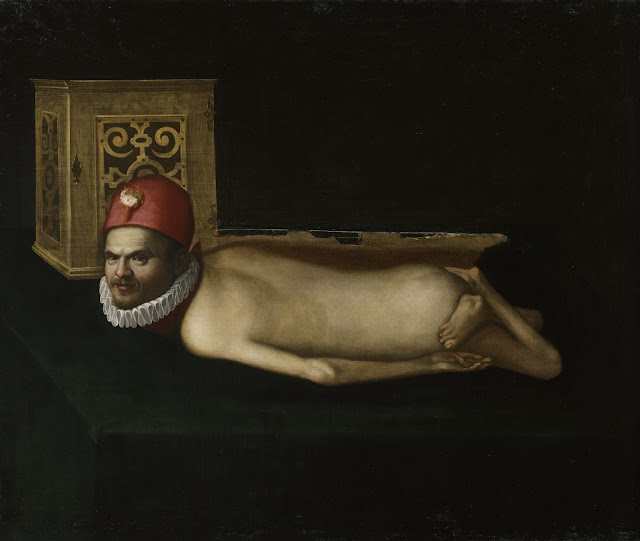The Portrait of a Sixteenth-Century Disabled Man

By Volker Schönwiese Gazes at women and men with disabilities from the early modern times up until today – how can they be interpreted scientifically and artistically? A painting from an unknown disabled man from the 16th century that has not been taken notice of until then was the starting point of a participatory and transdisciplinary project in 2005/2006. The portrait is part of the “Kunst- und Wunderkammer” (Cabinet of Arts and Wonders, founded by Archduke Ferdinand II of Austria, Region of the Tyrol [1529-1595]) at Ambras Castle near the city of Innsbruck/ Austria. The Institute of Educational Sciences at the University of Innsbruck, the Museum of Fine Arts (“Kunsthistorisches Museum”) in Vienna with its collection at Ambras Castle and the Centre for Independent Living in Innsbruck were the project partners of this research project. The project´s main goals were the creation and organisation of an exhibition at Ambras Castle and the publication of a scientific anthology with col
